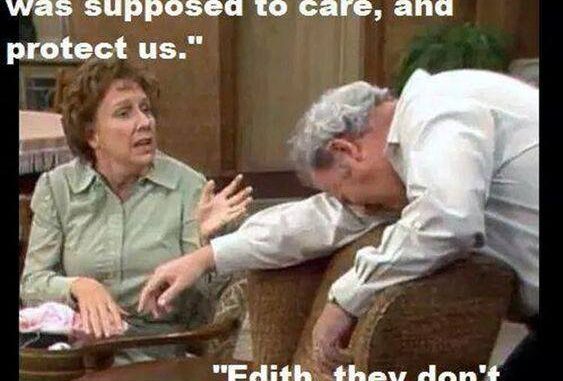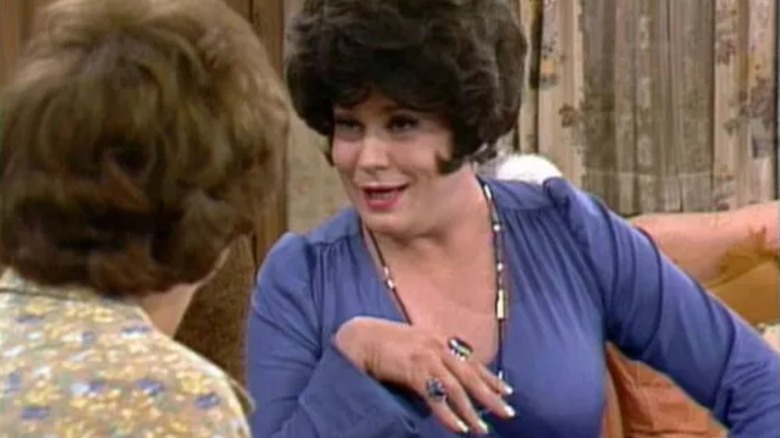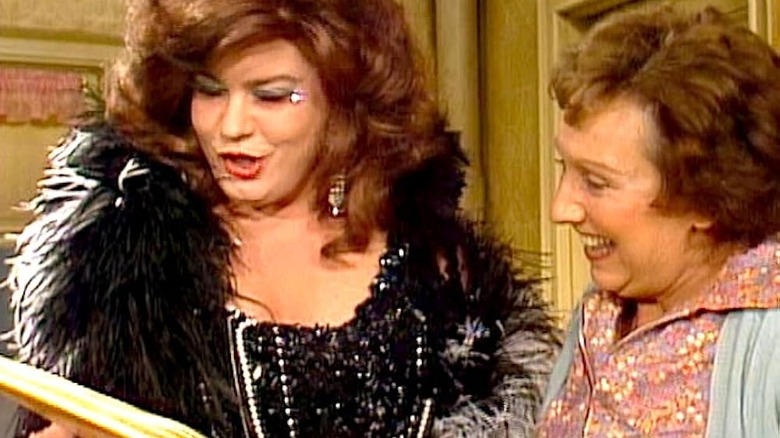
In the landmark episode “Archie the Hero,” Archie Bunker (Carroll O’Connor) saves the life of a woman, Beverly LaSalle (played by drag queen Lori Shannon), prompting a challenging exploration of bigotry and acceptance. Edith Bunker (Jean Stapleton) quickly befriends Beverly, contrasting Archie’s initial discomfort with the situation. This setup leads to Beverly returning in later episodes, including the tragic “Edith’s Crisis of Faith,” where her character’s fate takes a dark turn.
Beverly’s brutal murder by homophobic attackers profoundly impacts Edith, who grapples with her long-held religious beliefs. In a 2014 interview, show creator Norman Lear expressed admiration for the episode’s sensitive handling of such weighty issues. The challenge, however, arose in determining how Edith could regain her faith after such a harrowing loss.
Lear faced pressure to maintain the status quo of the series. Edith’s faith was a cornerstone of her character, and her potential atheism would alter the fundamental dynamics of her relationship with Archie. The writers spent considerable time deliberating on how Edith could return to her faith, ultimately realizing that her journey was intertwined with Archie’s character development.
The resolution centered around the idea that Edith needed to regain her faith not only for herself but also to support Archie, who depended on her strength. This narrative choice highlights the struggle between personal belief and the expectations of family dynamics, illustrating the complexities of faith amid tragedy.
Beverly’s death served as a reflection of the violence faced by the LGBTQ+ community, resonating with real-life events like the UpStairs Lounge fire, where numerous lives were lost. By addressing these themes, All in the Family not only tackled contemporary issues but also provided a poignant commentary on love, loss, and acceptance. The performances of Stapleton and O’Connor in these episodes left a lasting impact, underscoring the series’ legacy in addressing difficult social topics
